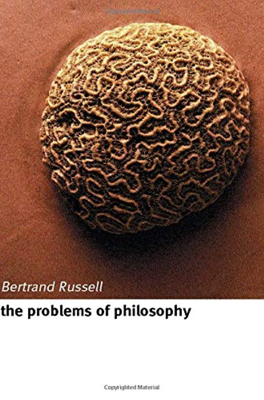Knowledge, Error, and Probable Opinion
Defining Knowledge and its Truth Criteria
Bertrand Russell begins by investigating what constitutes knowledge and how it can be distinguished from mere true belief. Commonly, knowledge cannot simply be defined as true belief. For instance, a belief can be true without being knowledge if it is based on incorrect information or is inferred incorrectly; true beliefs deduced from false beliefs or fallacious reasoning do not qualify as knowledge.
Types of Knowledge: Intuitive and Derivative
Two primary types of knowledge emerge in the discussion: intuitive and derivative knowledge. Derivative knowledge depends on reasoning from known premises using valid logical connections. However, Russell points out that not all knowledge derived from logical inference is formally processed; often psychological inference, driven by association, can establish knowledge if there is a logical framework supporting it.
Challenges of Derivative Knowledge
Even if there exists a valid logical framework, our beliefs might not be traced back through this framework during regular thought processes. For example, reading news about an event indirectly involves logical inference from the print to the meaning, but this inference is mostly unconscious and instead facilitated by psychological inference.
The Nature of Intuitive Knowledge
The greater challenge arises with intuitive knowledge, where distinguishing between true and erroneous beliefs isn't straightforward. Intuitive knowledge is considered the most reliable form of knowledge, especially when it involves direct acquaintance with the facts. Russell introduces the concept of self-evidence to further explain this: judgments or beliefs corresponding directly to facts are self-evident and thus true, but extracting a belief from a perceived fact might still lead to errors.
Degrees of Self-Evidence
Self-evidence doesn't guarantee the absolute trustworthiness of our intuitive judgments. The certainty of these judgments can degrade over time or through changes in conditions, demonstrating that self-evidence can have varying degrees. Russell illustrates this through auditory and visual perceptions, showing how our certainty can diminish from complete assurance to doubt.
Implications for Derivative Knowledge
For knowledge that is derived, the premises must be intrinsically self-evident, and the logical connections employed in deducing conclusions must be evident at each step. This requirement makes complex reasoning susceptible to errors, primarily when the connections hold weak self-evidence.
The Framework of Knowledge and Error
Russell categorizes firm beliefs into knowledge, error, or probable opinion based on their truthfulness and derivation from intuitive knowledge. Errors occur when firm beliefs are untrue, and probable opinions arise when beliefs are derived from less self-evident intuitive knowledge or are believed with hesitancy.
Role of Coherence in Strengthening Probable Opinions
Finally, the concept of coherence serves as a useful criterion, though not a definition of truth. Coherent systems of belief, where individual beliefs support each other, lend greater credibility to the included opinions, enhancing their probability but not confirming them as absolute truths. This coherence is crucial in scientific and philosophical hypotheses, where isolated doubts can be overwhelmed by the systematic integrity of coherent theories.
Overall, Russell emphasizes that absolute certainty in knowledge is elusive, and much of what we consider knowledge might be better classified as more or less probable opinion, supported by varying degrees of self-evidence and coherence among beliefs.
